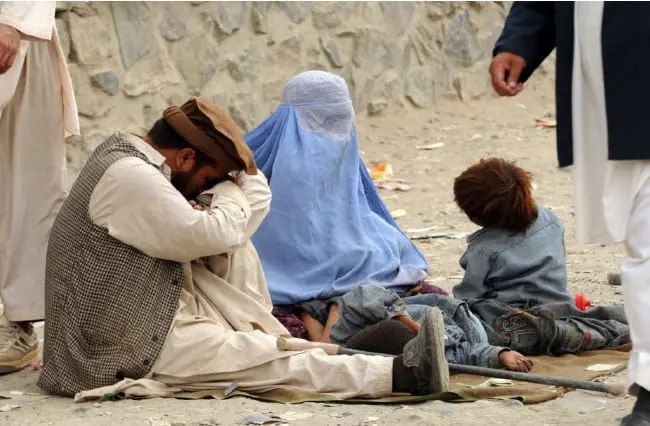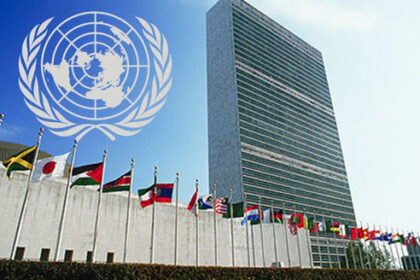RASC News Agency: The United Nations World Food Programme (WFP) has reported that 15 million Afghanistanis are uncertain about where their next meal will come from. In a statement posted on X, the organization highlighted an “urgent need” for $718 million to sustain its operations in Afghanistan over the next six months. The WFP revealed on December 12 that its winter assistance program, designed to support over 6 million people from November 2024 through April 2025, has already commenced. According to the report, 1.5 million beneficiaries reside in remote, inaccessible regions such as Badakhshan, Bamiyan, Ghor, and Daikundi, where elevations exceed 6,200 meters.
The organization emphasized that Afghanistan’s harsh winter conditions have made survival increasingly difficult for vulnerable families. In an earlier report, the WFP stated, “Millions of families are forced to make the impossible choice between feeding their children or keeping them warm as they endure the unforgiving cold.” Meanwhile, the United Nations Office for the Coordination of Humanitarian Affairs (OCHA) has underscored the gravity of the humanitarian crisis, noting that 23.7 million Afghanistanis, including 9.2 million children, are in desperate need of humanitarian assistance. OCHA’s December 8 report further pointed to the systematic restrictions imposed on women and girls as a primary obstacle to improving Afghanistan’s humanitarian outlook. These restrictions, the report noted, “have profoundly exacerbated the country’s suffering and stalled any progress toward recovery.”
In its assessments released in November, the WFP categorized Afghanistan as one of 22 countries globally facing a severe hunger crisis. The report revealed that 12.4 million people are experiencing “acute food insecurity,” a situation compounded by economic collapse, political instability, and climate-induced challenges. The humanitarian situation in Afghanistan remains dire, with worsening food insecurity, extreme weather, and international inaction threatening millions of lives. Without immediate and sustained intervention, the prospects of alleviating hunger and suffering in the country will continue to diminish.






